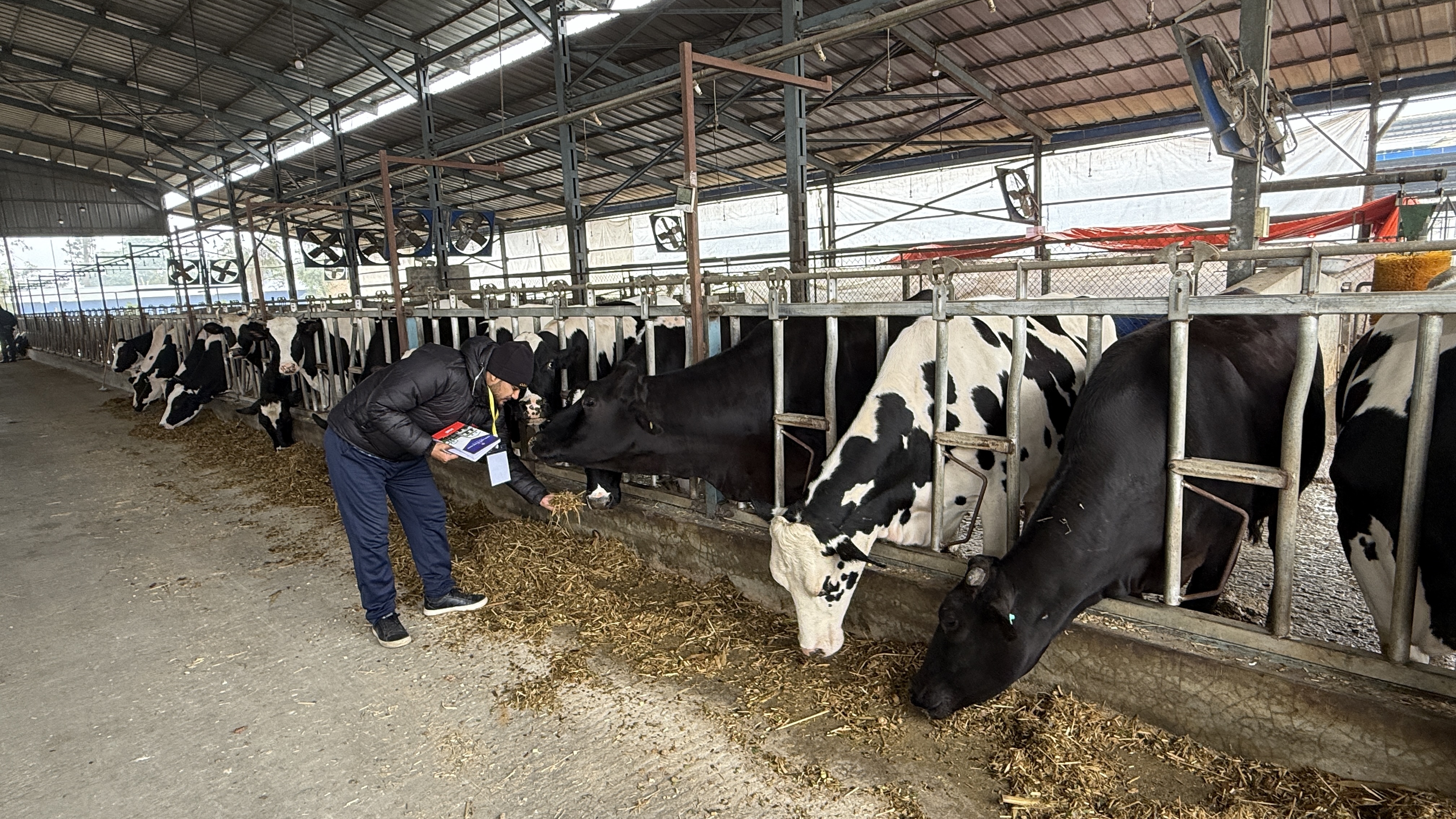
There was a time when the smell of wet earth after monsoon, the call of a koel in spring, or the sight of marbles on a dusty playground would anchor a child to his homeland. That time is fading. Today, Nepal stands at the crossroads of an emotional exodus. And it’s not just brain drain or labour migration — it is something deeper, more insidious.
It is a syndrome I have come to call ADS — Abroad Dream Syndrome which can also be American Dream Syndrome or Australian Dream Syndrome.
ADS is not merely a trend. It’s a psychological and emotional migration that begins much before the physical one. What I’ve observed over the years is that this syndrome is most acute among children whose early lives were shaped by emotional instability, overcompensation, or a lack of rootedness.
What’s happening?
When a child does not touch the soil, s/he does not belong to it. When s/he does not climb trees, fall off bicycles, or wash buffaloes in the river, he doesn’t carry the dust of his land on his soul. Rootedness is not taught in a classroom; it is lived through play, community, tradition, and sensory memory.
But today’s children grow up indoors, often between gadgets, glass, and guards. Their playground is a screen. They have seen Times Square more than Tundikhel — through reels, stories, and YouTube vlogs. Naturally, their emotional map excludes home.
And when the roots are shallow, the first breeze of opportunity is enough to uproot them. What once was migration is now desertion. This generation is missing out on local rites of passage — flying kites on Dashain, lighting candles on Tihar, or simply walking barefoot on wet grass at dawn. Without these imprints, their memory bank has nothing to withdraw from when asked, “Why should I stay in Nepal?”

You cannot expect loyalty to a soil that was never allowed to be felt.
Moreover, there is a strange irony in modern parenting. A father who once polished borrowed football boots now buys his son an Adidas Predator before the child even knows what dribbling is. A mother who never had access to music lessons signs up her daughter for three instruments and a vocal coach — not because the child showed interest, but because the parent saw an unfulfilled version of themselves.
This creates a sense of entitlement without effort. And more dangerously, a disconnect between desire and reward. When you give children everything they never asked for, they grow up expecting everything from the world — including a life abroad, even if they have earned none of it.
What are the challenges?

In Kathmandu and other cities, both parents often work full-time. The child wakes up to a house help, eats with the television, and sleeps next to a phone. The absence of presence — of attention, touch, and talk — builds quiet walls in a child’s heart. They start believing that relationships are mechanical, love is optional, and affection is a distraction.
When such a child leaves for Melbourne or Minnesota, s/he does not miss home — because they never had one. Only a house.
Then, social media has done what colonial powers could not – it has conquered minds, dreams, and identities. A 17-year-old in Bhaktapur may know the latest coffee spot in Sydney but not the history of Bhaktapur Durbar Square. Through reels and vlogs, they are made to believe that life abroad is glamorous, effortless, and fair.
But what they do not see are the back-breaking hours, the loneliness, the cultural alienation, or the invisible racism that often meets them at immigration counters. ADS thrives in these filtered realities. The homeland seems dull. The foreign land seems divine.
Perhaps the most overlooked but powerful trigger for ADS is the emotional atmosphere at home. Children are incredibly perceptive. They can feel tension between parents long before they can define it. Silent dinners, curt replies, locked phones, or whispered calls — these leave deeper marks than we imagine.
Worse still, when a child senses that a parent may be emotionally invested elsewhere — even without direct confrontation — they internalise a dangerous belief: relationships are unreliable, love is transactional, and trust is weak.
Such children grow up with a fragile emotional compass. They seek belonging in foreign places, hoping for a clean slate, a new family, or a culture that makes more “sense” than their own.
What to do?
Let us be clear. Not every young person who dreams of going abroad is affected by ADS. Nor is ambition or aspiration a crime. What we must question is the intention behind migration.
Is it opportunity, or is it escape? Is it expansion, or is it abandonment?
We are raising a generation that does not feel ownership of the land they were born in. They see Nepal as a country to flee, not to fix. And that is not their fault — that is our collective failure.
A statement like “I did not read this in a book…”, I have seen it unfold around me in the quiet goodbyes at airports, in the parents who smile with wet eyes, in the children who say “I’ll come back” but do not mean it. Sometimes I think – what did we not give them? And then I realise – maybe we forgot to give them a reason to belong.
At the end, rootless children will not grow into nation-builders. If we want to heal Nepal, we must first heal the home. We must give our children the one thing no visa can ever offer: a reason to stay.
Let them touch the soil, feel the festivals, see love in their parents, and grow up with pride — not entitlement. Only then will the dream of Australia or America stop becoming a replacement for a life unlived here.


















